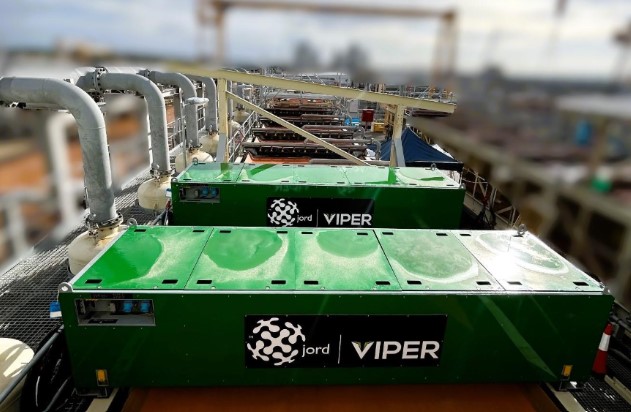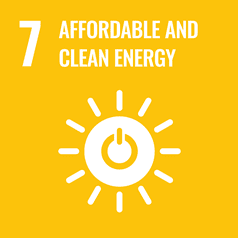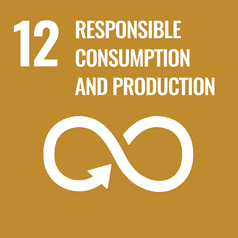
Patented filtration technology adds value to minerals and mining sectors
A collaboration between University of Newcastle researchers and engineering firm Jord International has led to a patented filtration system that has resulted in nearly 100 mineral processing installations worldwide.
Today’s modern world relies on critical minerals to produce steel, electronics, building materials, new energy technologies and more. But as demand for raw materials grows, so does concern about the environmental sustainability of recovery processes.
The processing of many of these critical materials, and the waste streams produced, often includes a dewatering step. This involves removing water from a slurry to produce a filter cake that is simple to handle, store, and transport.
The management of tailings – the fine residue that’s left over after the extraction of valuable minerals, metals and ore – has been a major focus for industry and governments around the globe.
The search for more sustainable dewatering solutions for both critical minerals and tailings led Australian engineering company Jord International to a team of University of Newcastle researchers with a strong track record of innovation in the mining and minerals sector.
Together, they developed the Viper technology – a patented system that improves the filtration process used in traditional processing methods.
The collaboration focused on improving horizontal vacuum belt filters, which are known for their simple, low-cost operation but had limitations when dewatering fine materials.
In conjunction with the team at Jord, the Researchers from the University’s Centre for Bulk Solids and Particulate Technologies developed and tested a range of ‘bolt-on’ improvements to the traditional vacuum belt filtration system in pilot scale settings.

Photo credit: Jord International
The end result was the Viper system, which combines vacuum filtration with vibration energy to promote the release of water. The technology can be retrofitted to any existing horizontal vacuum belt filter or supplied as part of new installations.
Research impact
- The Viper filtration system was commercialised by Jord International in 2020. Since then, nearly 100 units have been sold to mining and minerals processing operations in Australia, the United States and Chile.
- The technology is capable of filtering more than 10,000 tonnes of material per filter per day and is improving the management of tailings from magnetite, iron ore, gold, coal and other raw materials.
- The technology has also enabled mining and minerals processing sites to implement dry tailing storage and disposal, thereby eliminating the need for tailings dams.
- The real-world application of the technology has led to a new collaboration between Jord International and University researchers through the Trailblazer for Recycling and Clean Energy program. The aim is to adapt the Viper dewatering technology to boost the recovery of critical minerals such as lithium, copper and nickel while further reducing water and energy usage. A pilot plant will be delivered to the University’s NIER precinct in late 2025 to begin testing improvements to the technology.
Last updated August 2025
More information:
Professor Craig Wheeler
+61 2 4033 9037

Professor Craig Wheeler
Reducing the energy intensity of these operations will have significant benefits for society, particularly as the global demand for iron ore, copper, coking coal and rare earth metals continues to increase.
Aligned with the United Nations Sustainable Development Goals
Read more research impact case studies
The University of Newcastle acknowledges the traditional custodians of the lands within our footprint areas: Awabakal, Darkinjung, Biripai, Worimi, Wonnarua, and Eora Nations. We also pay respect to the wisdom of our Elders past and present.



